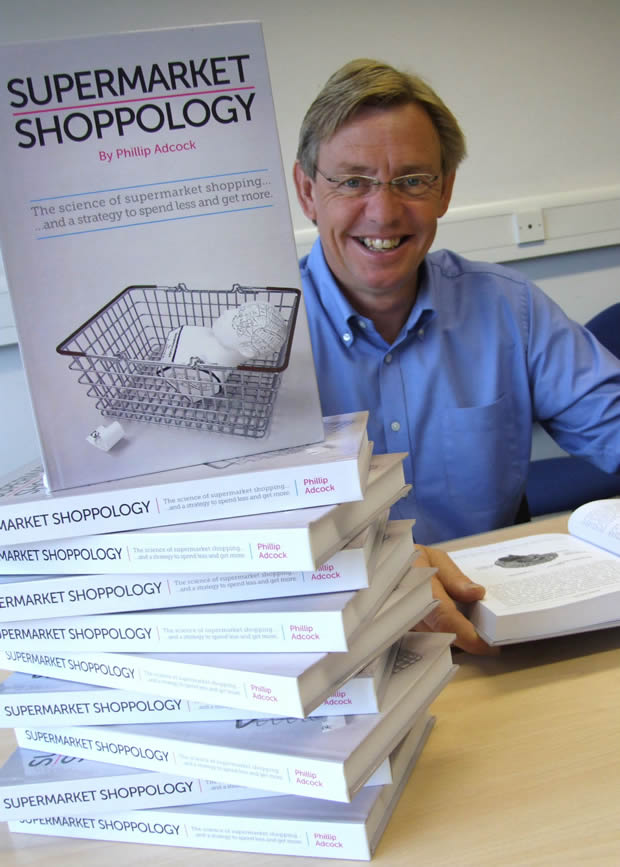Supermarket shoppers are more at risk of having an accident if they drive home immediately after a supermarket shop.That’s the startling conclusion from research by one of Europe’s leading shopping behaviour specialists.

The experience of a 40-minute supermarket shop takes such a toll on the decision-making part of the brainthat shoppers are nearly twice as likely to have an accident or near miss if they drive home immediately after their shop, according to brain scanning research by UK-based SBXL.
SBXL and the respected School of Psychology at Bangor University in Wales have been conducting joint research to measure the behaviour of the brain during a supermarket shop. Selected shoppers are asked to simulate a typical grocery shop in a supermarket, while going through a £3 million 20-ton medical fMRI scanner. The aim is to identify how the brain responds by measuring blood flow and brain activity.
Results from the research show that shoppers are confronted with so much information they begin to make choices with the emotional part of their brain rather than the cognitive part which is capable of computation and logical decision-making. The brain scan findings show that after around 40 minutes – the time taken for a typical weekly shop – the brain gets tired and begins to shut down, ceasing to form rational thoughts.
Now that research has been combined with SBXL’s advanced Continuous Shopper Insight programme which surveys a cross section of shoppers on a monthly basis. Information from 1000 shoppers a month is analysed to give an ongoing picture of shopping habits. That research has found that shoppers are nearly twice as likely to have an accident or a near miss on their way home from the supermarket as on their outward journey.
SBXL managing director Phillip Adcock said shoppers should take a few minutes to allow their brain to recover from the experience of asupermarket shop before they drive.
“The research findings confirm that for many people a supermarket shop is a very stressful experience which can fry the human brain. Our brains behave illogically when faced with the sort of information overload that shoppers are faced with in a typical supermarket. My advice would be that shoppers should take a few moments to recover after a big shop, or go to the supermarket café for a cup of coffee. Findings clearly show that drivers are more susceptible to lapses of concentration after a shop than before.”
The state-of-the-art fMRI scanner used for the research is based at Bangor University. The equipment was originally developed for medical purposes, identifying brain tumours and scanning for brain defects and dysfunctional brain activity. But now it is increasingly being used for commercial research.
Bangor University’s School of Psychology, established in 1963, is acknowledged as one of the leading psychological institutions in the UK, both for its research and its teaching.
SBXL, with offices in Lichfield and Tamworth, is a leading international retail research firm, combining state-of-the-art technology with a detailed knowledge of human psychology. As well as regular shopper tracking, the company provides retailers and brands with in-depth insights, using techniques such as in-store filming to capture behaviour, The company also provides detailed studies of facial expressions and non-verbal communication to identify sub-conscious decision-making processes, and eye-tracking to determine what shoppers see in-store.
The company works with leading retailers and brands across Europe, North America and the Far East.
Shopping Behaviour Xplained Ltd
+44 (0) 8707 66 99 74




Comments are closed.